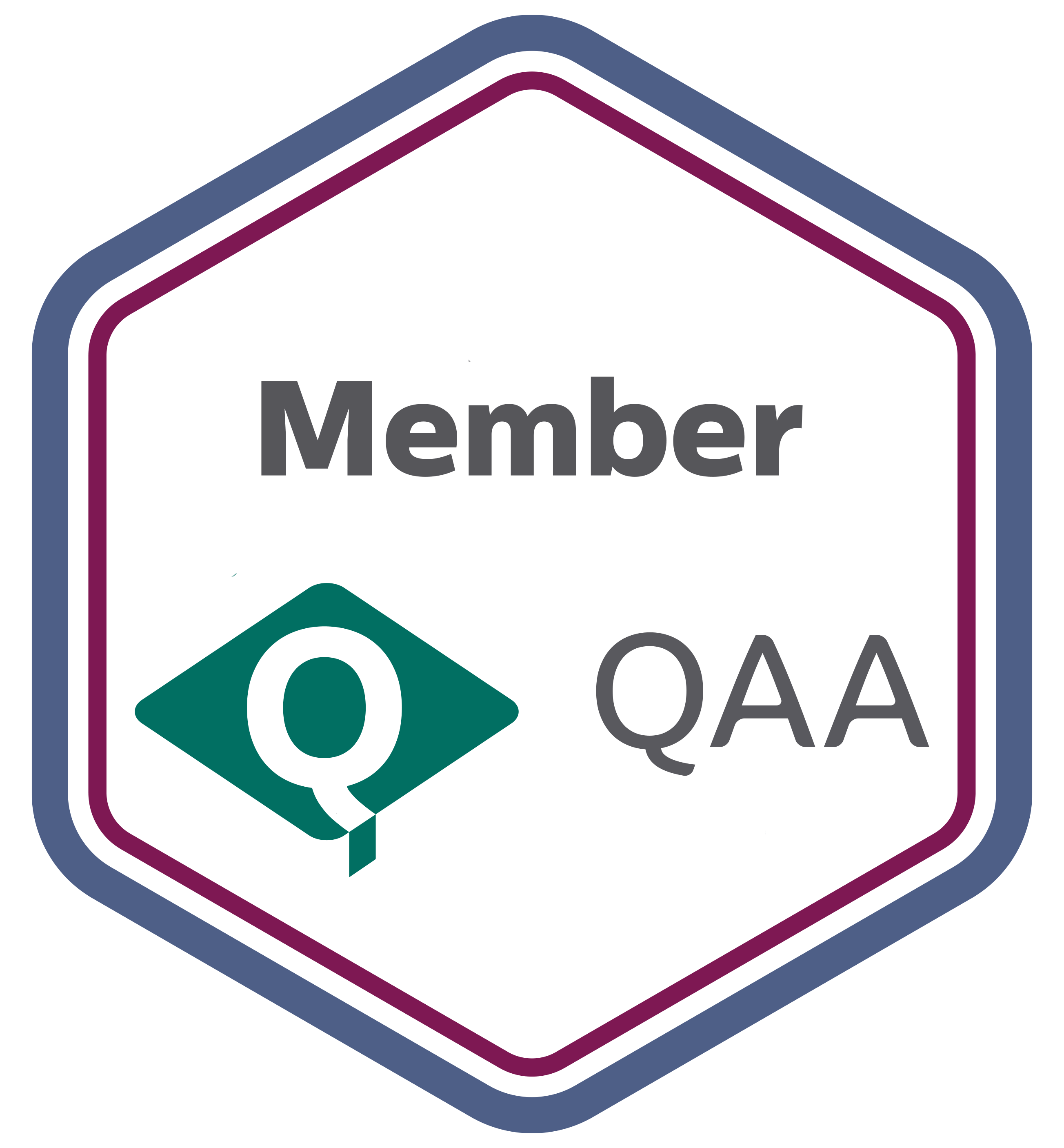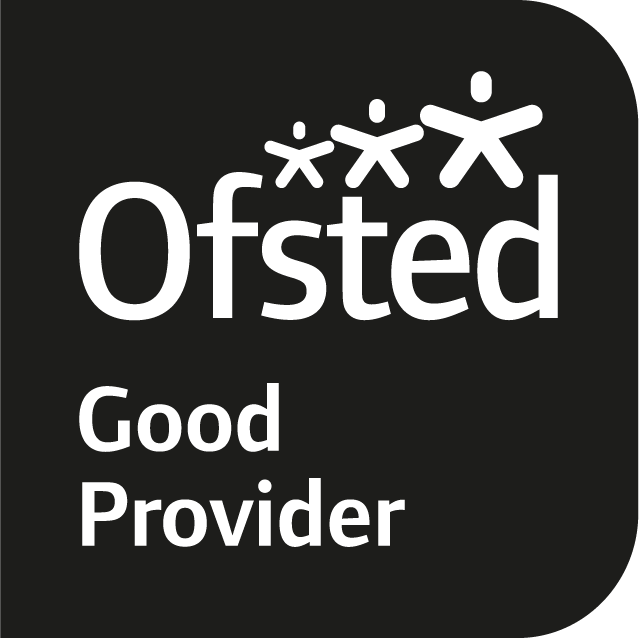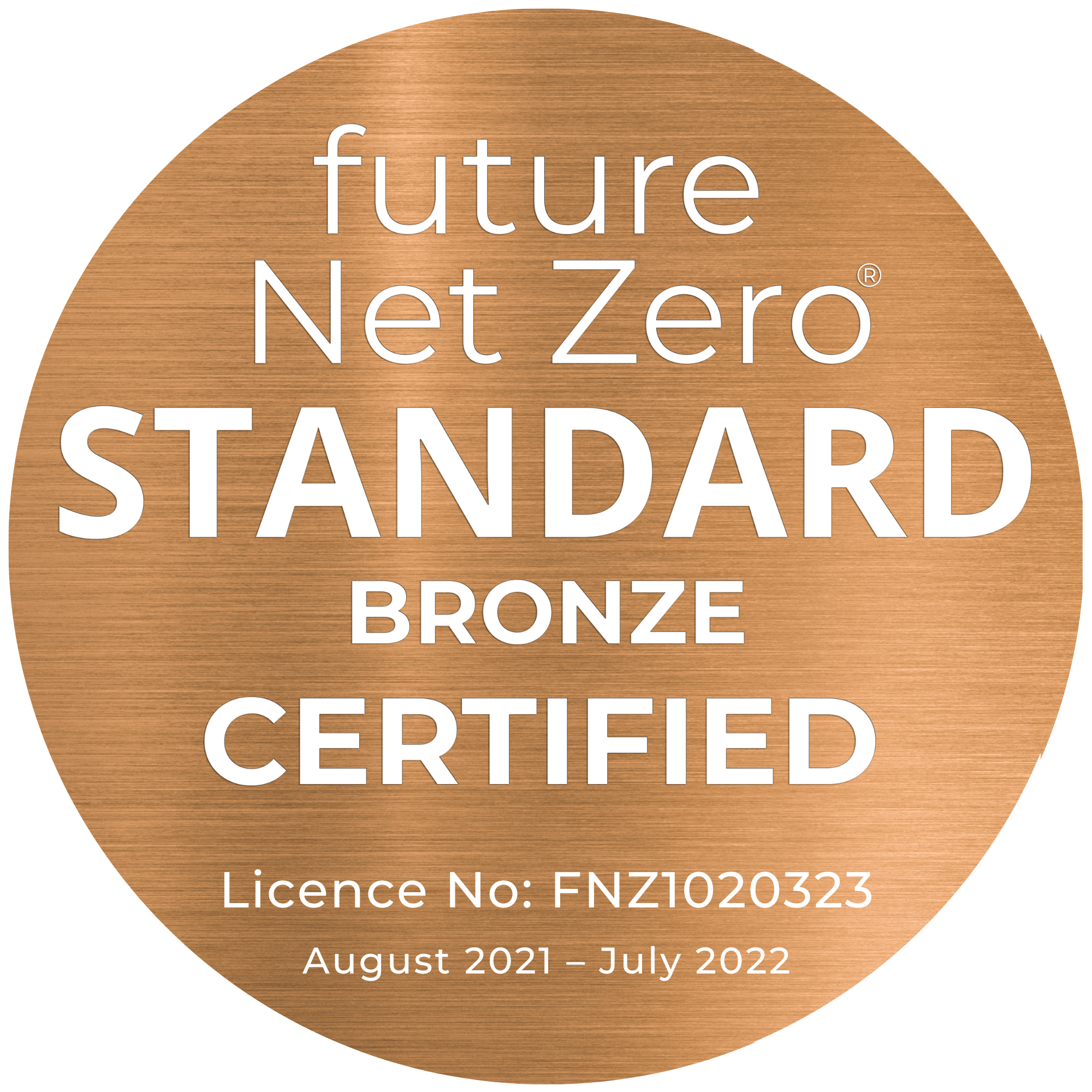Certificate of Competence in Environmental Noise Measurement
Environmental noise is of increasing concern and is recognised as one of the major pollutants of today. This course addresses the legal and practical aspects of dealing with the problems of environmental noise pollution, which brings about duties for all industrial companies and local authorities in connection with the measurement, assessment and control of environmental noise.
We offer Noise Control and Acoustics training courses aimed at a range of individuals including Environmental Officers, Technicians, Senior Management, Project Managers and Site Engineers.
The Certificate of Competence in Environmental Noise Measurement is accredited by the Institute of Acoustics (IOA) and covers the legal and practical aspects of managing environmental noise pollution.
| Location | Colchester |
|---|---|
| Duration | 5 days + 2 hour sessions in the evening on 4 days |
| Campus / Adult Skills Centre | Colchester Campus |
| Start Date | 11th – 15th May 2026 |
| Price | £1,860 (includes exam fee) |
Disclaimer
All fees, prices and funding information shown on this page are for courses starting in the 2025-26 academic year unless stated otherwise, and are correct at the time of entering/printing information, however these may be subject to change due to factors outside of our control. The College cannot accept legal or financial liability as a result of any such changes.
Courses fees are generally not confirmed for September until June / July due to the above factors.
The course information describes programmes offered by Colchester Institute. The College takes all reasonable steps to provide courses as described, but cannot guarantee provision. The information is for guidance and does not form any part of a contract.
The College reserves the right to update and amend information as and when necessary. Colchester Institute will do its best to provide the courses shown, but may have to modify or withdraw a course depending on customer demand and other factors.













